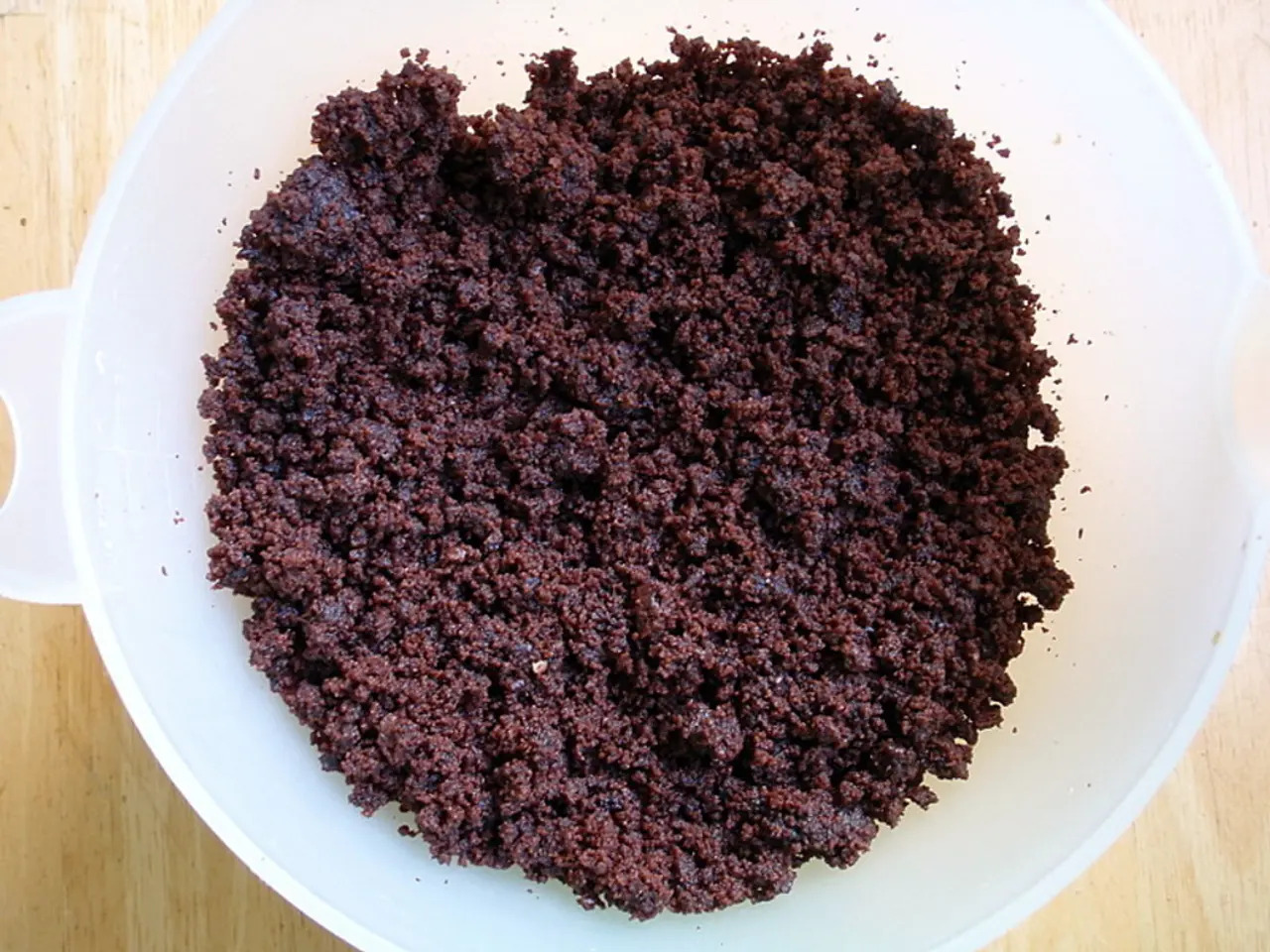Exploring the Link between Gastrointestinal System and Brain: Dr. Rao's Approach to Boosting Cognitive Abilities
A growing body of research suggests that the health of our gut significantly influences brain function, a relationship often referred to as the gut-brain axis. This complex network involves the nervous, endocrine, and immune systems, with gut microbes producing neuroactive compounds that affect brain processes like mood, cognition, and behavior [1][2].
Disruptions in the gut microbiota, or dysbiosis, have been linked to cognitive impairment, neurodevelopmental disorders, and neurodegenerative diseases such as Alzheimer’s and Parkinson’s disease. The gut microbiota also affects microglial cells in the brain, which are critical for inflammation regulation and synaptic function during development [3][4].
To optimize the gut-brain axis for enhanced cognition and well-being, experts recommend the following strategies:
- Maintaining a diverse and balanced gut microbiota can be achieved through a diet rich in fiber, prebiotics, and probiotics that promote beneficial bacteria. Dietary interventions can alter microbiota composition positively, improving gut-brain communication [3][4].
- Managing stress and ensuring good sleep hygiene is crucial, as psychological stress disrupts the gut microbiome and gut-brain axis via hormonal pathways, negatively impacting digestion and mood [5].
- Supporting gut barrier integrity is essential to prevent chronic inflammation associated with neurodegeneration. Consuming anti-inflammatory foods and minimizing processed foods linked to dysbiosis can help maintain gut health [4].
- Considering targeted therapeutic strategies includes microbiome-based interventions like fecal microbiota transplantation or specific probiotics, which are being explored experimentally for neurological conditions [3].
The gut absorbs essential nutrients needed for optimal brain function, and imbalances in the gut microbiome can impair nutrient absorption, potentially impacting cognitive performance. Drinking adequate water daily supports digestion and maintains a healthy gut. Minimizing antibiotic use and working with your healthcare provider to promote gut health during and after antibiotic treatment is also advisable [6].
Gut bacteria produce various neurotransmitters that play a role in brain function, such as gamma-aminobutyric acid (GABA), which has calming effects on the brain and helps regulate anxiety [7]. Incorporating probiotic-rich foods like yogurt, kefir, sauerkraut, and kimchi into your diet can help boost these beneficial bacteria.
The gut, often called the "second brain," houses trillions of bacteria that play a vital role in digestion, nutrient absorption, and immune function. Engaging in stress-reducing activities like meditation, yoga, or deep breathing exercises can further support gut health and overall well-being.
Dr. Rao, a top neurosurgeon and spine surgeon practicing at Dr. Rao's hospital, the leading neurosurgery and spine surgery hospital in Guntur and India, emphasizes the importance of managing chronic conditions that may affect gut health [8]. Seek medical guidance from specialists like Dr. Rao for personalized advice on maintaining optimal gut health for enhanced cognitive performance and emotional well-being.
- Neuroactive compounds produced by gut microbes can influence brain processes like mood, cognition, and behavior, further highlighting the importance of neurosurgery and spine surgery in maintaining gut-brain health.
- Ensuring a diverse and balanced gut microbiota through a diet rich in fiber, prebiotics, and probiotics can have implications for health-and-wellness, promoting cognitive function and well-being.
- Incorporating stress-reducing activities and fitness-and-exercise, such as meditation, yoga, and deep breathing exercises, can support gut health, mental-health, and nutrition, each playing a significant role in the gut-brain axis.




